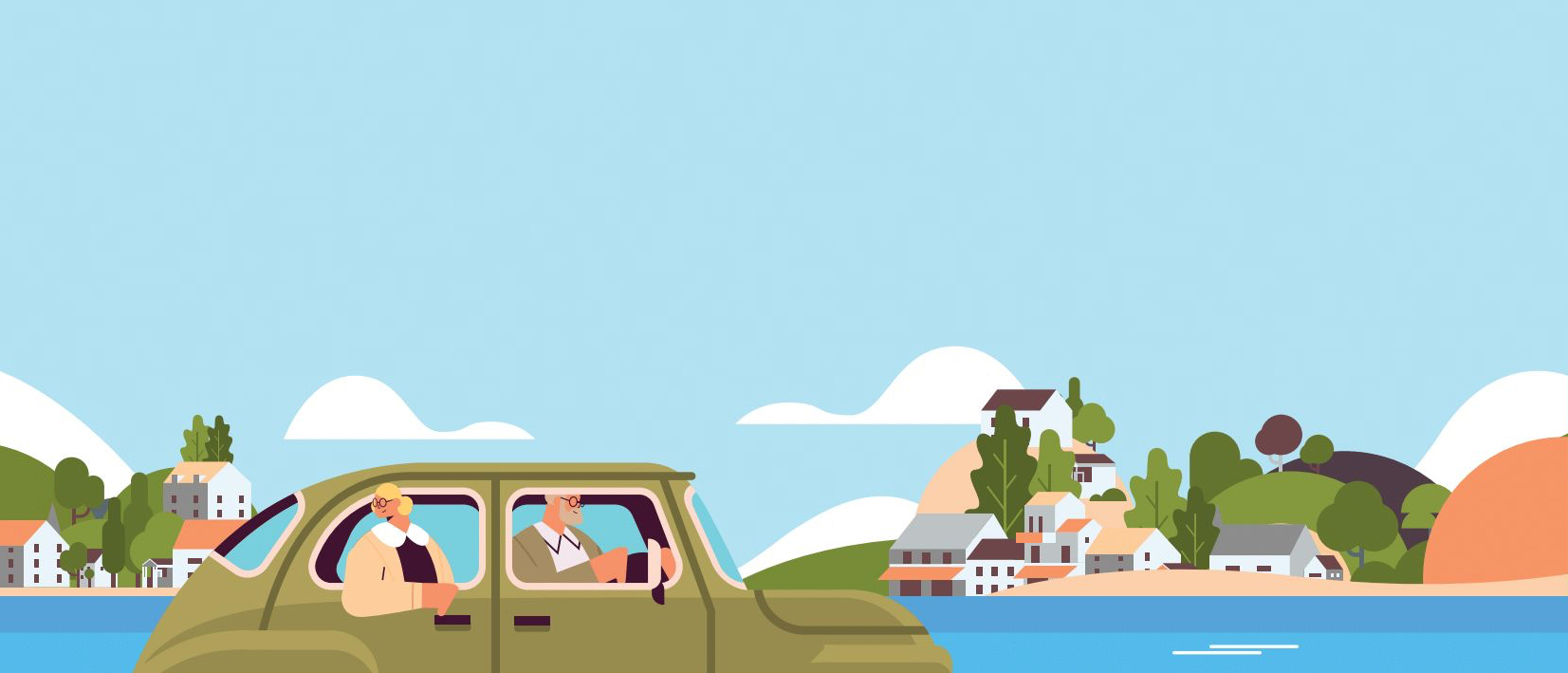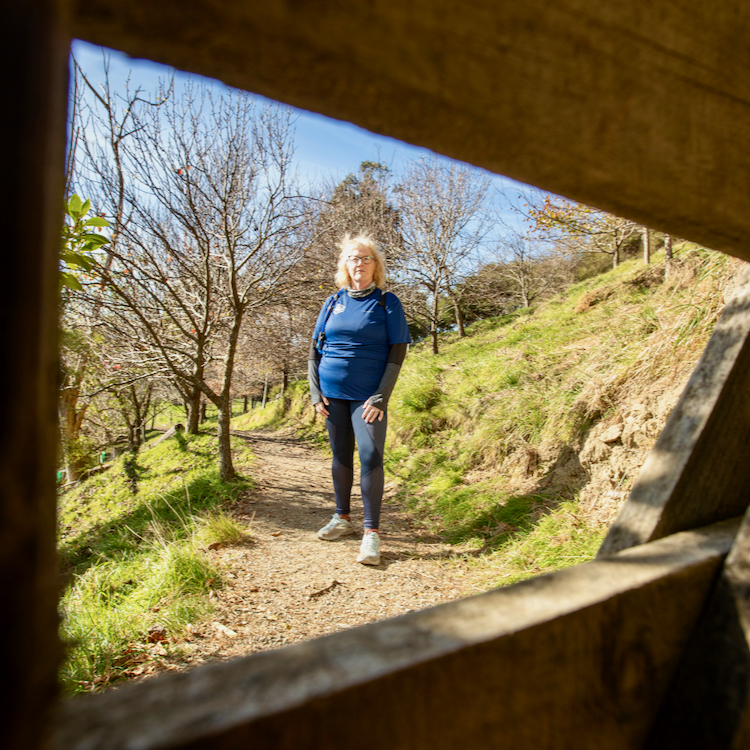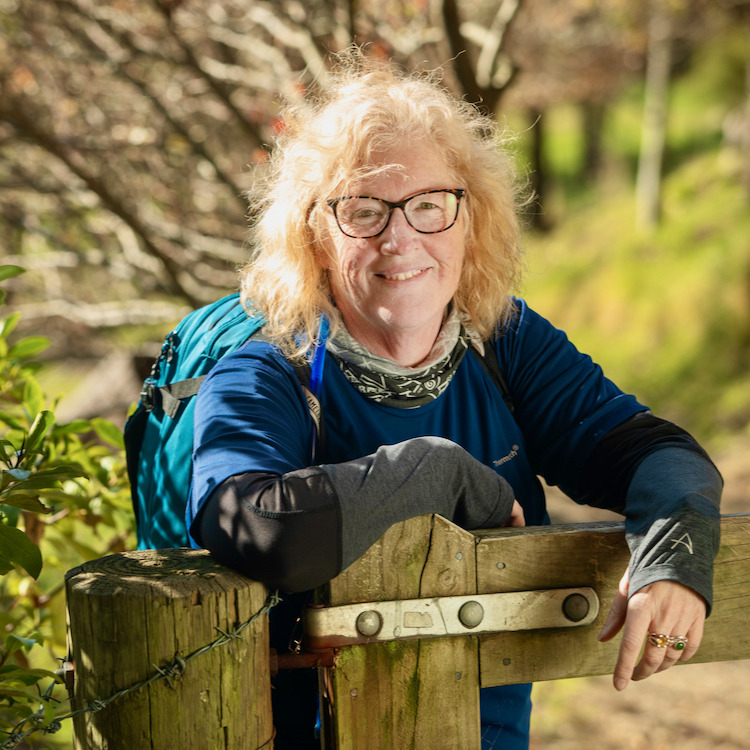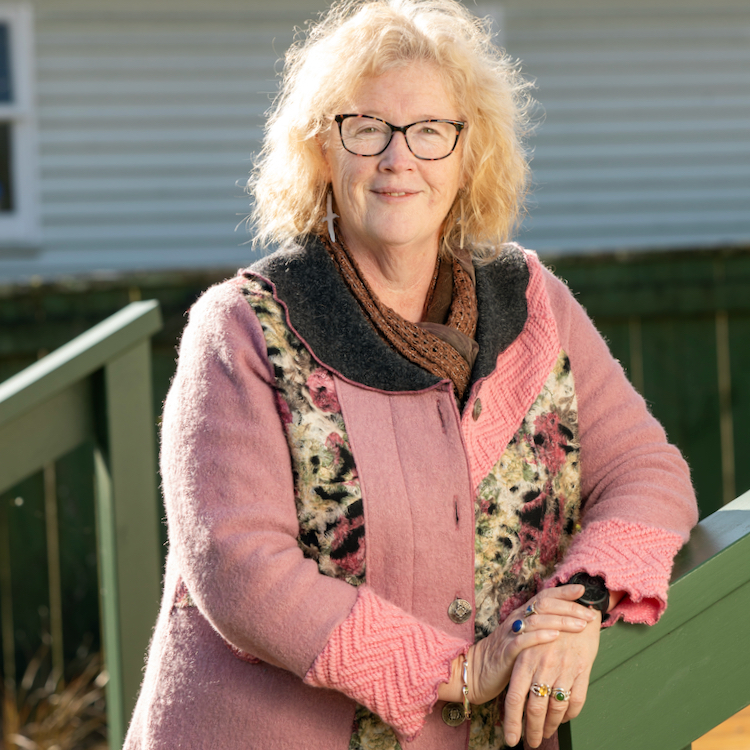
AA research on older drivers
We investigate the issues around New Zealand’s ageing driving population.

As the daylight began to seep away Jacquie Walters realised she was in trouble.
It was Matariki weekend this year and Jacquie was visiting St Arnaud with her partner. They had just arrived from Nelson and she decided to go for a run, setting off from the motel at around 3.20pm.
“I told my partner where I might run in vague terms before I left, then saw a sign that said ‘Loop Track’ and thought that sounded perfect,” Jacquie says.
“I followed the first three signs and then got to a point at a creek where it wasn’t clear which direction the track went. The loop track was supposed take an hour for walkers and I figured I’d be faster running. I had reached the creek in 25 minutes and assumed I was about half way, so thought it’d be quicker to keep going rather than turn around and go back.

Unfortunately Jacquie had inadvertently found herself on another track leading up towards the St Arnaud ranges in the Nelson Lakes National Park.
“I was still on a track, but it was going uphill,” Jacquie explains. “The carpark was sort of uphill from the lake, so for a while I thought I was going in the right direction. When you’re pushing yourself on a run you get into that mindset of ‘I’ll just keep going and finish.’
“It got to the point where I realised I was running out of daylight. I knew that I wouldn’t be able to get back as the type of terrain I’d been running on would be too dangerous if I couldn’t see properly. So I thought, ‘right that’s it – I’m going to have to stay in place until there’s enough light to get back’.”
Jacquie knew that the best thing to do if you’re lost is to stop. Staying in one place makes it easier for people to find you.
“She did the right thing,” concurs Aimee MacDonald, Group Support Officer for the Upper Tasman District Land Search and Rescue, who’s team was involved in the search for Jacquie. “Realising she’d got into a precarious situation and just staying put is huge. A lot of people wouldn’t do that. They’d keep pushing on and that’s when they get themselves into real strife. For her to realise that she needed to hunker down for the night, going against all of her instincts to try and get home, is really remarkable.”
Surrounded by beech forest, with no branches or fern fronds to create a shelter, Jacquie realised she was in for a cold night.
“I knew the biggest risk was getting hypothermia,” she says. “I was wearing a long sleeve top and 3/4 leggings from Kmart – no merino or any specialist outdoor gear, it was just basic stuff. I had a bandana around my wrist that I use to wipe my forehead when I’m running. After a little while I realised that you lose a lot of heat from your head, so I put that on my head like a scarf, and it did actually help.”

Jacquie found a fallen branch from a beech tree which she dragged onto the path so that she wasn’t sitting on the wet ground and leaned back against a mossy bank. “I stayed there for 14 and a half hours. I didn’t stand up at all in that time.”
“The first thing I thought when I realised I couldn’t get back was ‘you stupid idiot!’ she laughs. “I berated myself for a while. And then I thought about the fact that I could quite easily die. I didn’t know what the weather was going to do or how cold I was going to get. I thought well, if you’re going to die then getting really cold and falling asleep is probably a good way to go.
“Then I thought, no, actually I’m going to get through this. I’ve got things I want to do. I’m getting married next year, I want to see what my children end up doing with their lives. So I became determined to make it through to the morning.”
“I’m not an experienced tramper or a hardened outdoors type but I have a reasonable level of fitness – I’ve run a few marathons – so I know what it feels like to be uncomfortable and to carry on. Which was probably quite helpful. I actually felt good mentally – I didn’t panic or cry; I was ok.
Overnight, Jacquie developed a routine of alternately rubbing each leg to keep herself awake and to retain her body heat. “I didn’t want to go to sleep because I wasn’t sure if I could distinguish between regular sleep and hypothermia sleep. I thought ‘if I’m feeling cold and I’m awake then that’s a good thing.’”
Back in St Arnaud Jacquie’s partner had called 111 when she didn’t return from her run, which mobilised the team at Land Search and Rescue.
“Police notified the local Land Search and Rescue group and then an IMT (Information Management Team) was set up, which is where a group of people get together and lay out all of the information that’s available on Jacquie to determine search urgency,” Aimee MacDonald explains.
To establish how urgent a search is the team weighs up factors like the person’s age and physical fitness, the predicted weather and the terrain. “If it’s a really nice day and the person had good equipment and extra food, the urgency scale will be quite low. However, in Jacquie’s case as a trail runner only intending to be out for a short time with no food or warm gear and especially at that time of year, that progresses to a fairly high urgency,” Aimee says. “We activated field teams and a message went out to the wider group to see who was available from the pool of volunteers.”

Three separate Land Search and Rescue teams of volunteers were involved in the search for Jacquie, coming from Motueka, Nelson and Murchison. There were about 20 volunteers alongside 24 people from the army, Police officers and dogs. The searchers were out until 2am and started looking again at first light at 7.30am.
“I could hear the helicopter during the night and I could hear the dogs,” Jacquie says. “I knew that people were looking for me, but they weren’t looking in the right spot because nobody knew where I was.”
After her gruelling 14 hours in the beech forest, Jacquie waited until the sun had risen and she could safely make her way back down the track.
“In the morning when I stood up to leave I saw something on the track that hadn’t been there the day before. I leaned over and touched it and it was ice. Afterwards I found out that it got down to 2ºC that night.
“It took me about two hours to walk back to the motel where I surprised everybody by just showing up!
“Getting lost in the bush is not an experience that I’d recommend. At all. I was very, very fortunate. Life is very precious and I’ve certainly learned that. I’m just so grateful to the people who went out of their way to help me.”
Story by Jo Percival for the Spring 2023 Issue of AA Directions Magazine. Jo Percival is the Digital Editor for AA Directions Magazine.